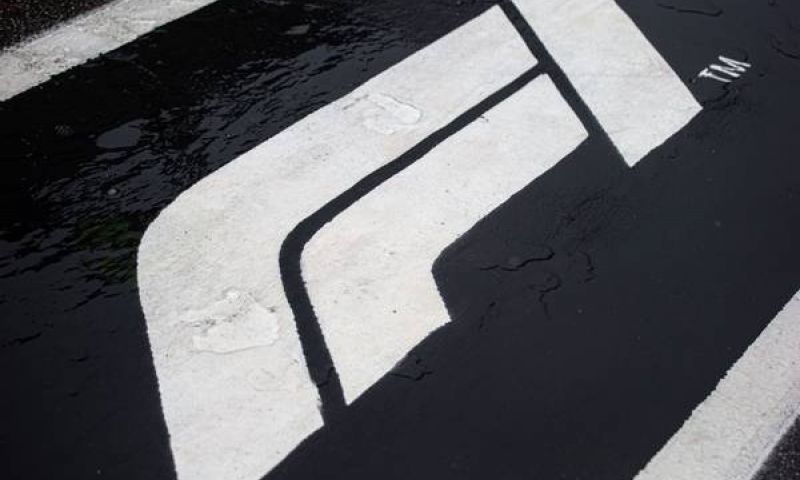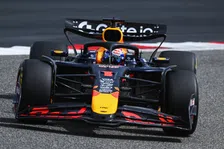Column: Waar de Formule 1 faalt
Column

- GPblog.com
The Formula 1 in recent weeks been a conflictive area, with some cases less than ideal talks about the sport and its future spent going. Here is a dissection and some possible solutions for improvement.
Distribution of penalties and damages
The controversy over the distribution of the sentences started in Austria, where they were generously awarded by the stewards. Lando Norris and Sergio Perezwere two outstanding. Their robust defense earned them a five-second penalty each time. Norris came off significantly worse and received penalty points (usually awarded for dangerous driving), putting him just two away from the 12 points needed for a race ban. The incident between Hamilton and Verstappen during the British GP only made things worse. The two collided spectacularly, taking the young Dutchman out of the race. This resulted in a 10-second time penalty for the reigning world champion, a penalty that meant little. Hamilton still wrote the GP win to his name.
F1 cannot boast that they want to race closer together and engage in wheel-to-wheel combat if they counteract this with heavy penalties. In these complex and expensive machines, one should be able to feel comfortable defending one's position, without risking costs or penalties in the process. However, taking risks should not be discouraged as it is necessary to put on a good show for the fans. Penalties and other extreme measures will only prevent drivers and teams from going the extra mile and delivering strong results. However, the stewards must provide more clarity about the reasons why certain penalties have been handed out. The mixed statements about the incident between Hamilton and Verstappen were compounded by the stewards' statement at the incident. Giving more publicity to the decision, with the stewards and directors able to publicly defend the ruling, would give more confidence and give everyone a chance to get a reasonable explanation.
Lack of rapid changes
The introduction of the Sprint Session in Great Britain seemed good for about five laps, after which the drivers again either strongly defended their position or got stuck in DRS trains. For a third of a racing event, the championship points breakdown also seemed abysmal, with three for the winner, two for the second and one for the third. The racing spectacle was thus not very glamorous, with teams and drivers probably saving their cars, knowing that risky actions would not bring them great fame in the short term. In the end, fans had mixed feelings rather than being immediately impressed by the new event.
De Formule 1 is de laatste jaren notoir terughoudend geweest met het uitproberen van nieuwe weekendformules of evenementen. Dit in tegenstelling tot veel andere kampioenschappen die wel snel verschillende elementen in hun evenementen hebben geïntroduceerd. De Formule E heeft alleen al dit jaar twee testelementen in hun races geïntroduceerd: een ontsnapping van het circuit (vergelijkbaar met een 'Joker Lap') voor de Attack Mode in Mexico en aanvalsmodi van acht minuten in plaats van vier minuten voor Londen. Toegegeven, de Formule Ehas the advantage of being a younger and smaller championship, so the amount of dissatisfaction (if any) will generally be less than most other racing classes. However, it is a gold standard for F1 to achieve. F1 is the pinnacle of motorsport, with the most eyes on it than any other championship in the world. While some moderation is necessary, the organizers must speak out openly and not succumb to the demands of the teams and other personnel. That way, F1 will be able to generate more interest, engage in more conversations and ultimately grow more by developing new ideas and innovative methods to enrich Grand Prix weekends.











